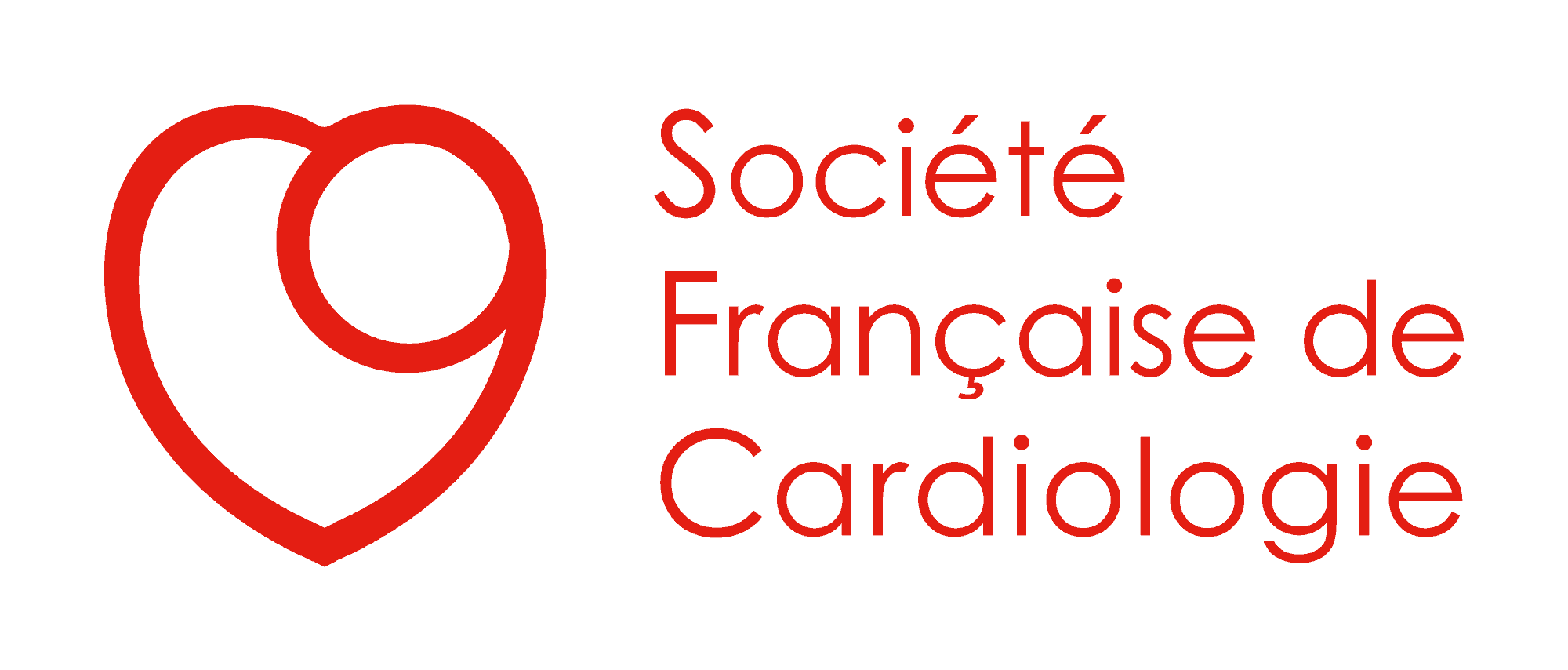Suivez-nous sur les réseaux sociaux !
Organe d’expression de la Société Française de Cardiologie (SFC), Archives of Cardiovascular Diseases est une revue scientifique mensuelle en anglais ayant une notoriété internationale.
Voici un aperçu rapide des sujets abordés dans cette publication :
Dernières publications
Publications
Management and outcomes of hypertrophic cardiomyopathy in young adults
Voici un aperçu rapide des sujets abordés dans cette publication :
Archives of Cardiovascular Diseases | Article du mois – Juin 2021
Émilie Baron, Nicole Karam, Erwan Donal, Tania Puscas, Mariana Mirabel, Anne Bacher, Karim Wahbi, Jean-Michael Mazzella, Xavier Jeunemaitre, Patricia Réant, Albert Hagège, for the REMY, GEREMY working groups of the French Society of Cardiology
Summary
Background
Management of young adults with hypertrophic cardiomyopathy (HCM) is challenging.
Aims
To evaluate the profile of young adults (16–25 years) with HCM included in the French prospective HCM registry.
Methods
Patients were compared according to occurrence of major adverse cardiac events (MACE), comprising sudden cardiac death (SCD) events (implantable cardioverter defibrillator [ICD] discharge, SCD, sustained ventricular tachycardia), atrial fibrillation/embolic stroke, heart failure hospitalisation and unexplained syncope, at a mean follow-up of 4.4±2.2 years.
Results
At baseline, among 61 patients (20.5±3.0 years; 16 women, 26.2%), 13 (21.3%) had a prophylactic ICD, 24.6% a family history of SCD, 29.5% obstruction, 86.0% magnetic resonance imaging myocardial fibrosis, 11.8% abnormal exercise blood pressure and 52.8% a European Society of Cardiology (ESC) 5-year SCD score<4% (24.5%≥6%). At follow-up, 15 patients (24.6%; seven women; all with fibrosis) presented 17 MACE, comprising: SCD events (n=7, 41.2%; including three patients with an ICD, five with at least one SCD major classical risk factor and an ESC score≥5% and two with no risk factors and an ESC score<4%); atrial fibrillation/stroke (n=6, 35.3%); heart failure (n=1, 5.9%); syncope (n=3, 17.6%). An ICD was implanted in 11 patients (four for secondary prevention), but in only 61.5% of patients with a score≥6%. Only obstruction significantly increased MACE risk (odds ratio 3.96; P=0.035), with a non-significant trend towards a lower risk in men (OR 0.29; P=0.065).
Conclusions
In young adults with HCM, MACE are common in the short term, especially in obstructive HCM and women, mostly arrhythmic in origin. Prophylactic ICD implantation is frequent and does not strictly follow the guidelines, while the use of European/USA guidelines is helpful but imperfect in identifying SCD risk.
Keywords
Hypertrophic cardiomyopathy, Young, Sudden death, Implantable cardioverter defibrillator, Prognosis
Abbreviations
- ABPR: abnormal blood pressure response
- ESC: European Society of Cardiology
- GEREMY: GEnetic REgister of hypertrophic cardioMYopathy
- HCM: hypertrophic cardiomyopathy
- ICD: implantable cardioverter defibrillator
- LGE: late gadolinium enhancement
- LVWT: left ventricular wall thickness
- MACE: major adverse cardiac events
- MRI: magnetic resonance imaging
- NSVT: non-sustained ventricular tachycardia
- NYHA: New York Heart Association
- OR: odds ratio
- REMY: REgister of hypertrophic cardioMYopathy
- SCD: sudden cardiac death
- SVT: sustained ventricular tachycardia
© 2021 Elsevier Masson SAS. All rights reserved.
Partagez cet article :
Partagez cet article :
Written by : SFC
Plus de publications de la SFC

INTELLIGENCE ARTIFICIELLE New Threshold for Defining Mild Aortic Stenosis Derived From Velocity-Encoded MRI in [...]

CARDIOLOGIE PÉDIATRIQUE The Cardiovascular Care of the Pediatric Athlete | Lire l'article JACC CARDIO-ONCOLOGIE [...]




